Advertisement
Aug 28, 2024 By Tooba
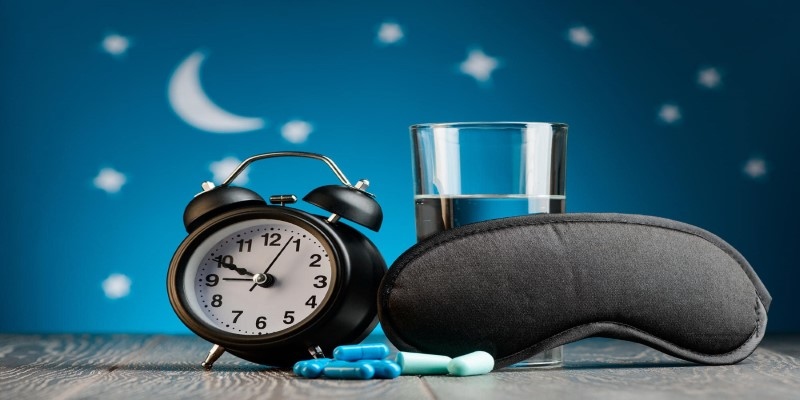
Getting a good nights sleep isnt just about lying in bed and closing your eyes. Sleep hygiene, or the habits and practices that lead to quality sleep, is critical for overall health. Poor sleep can mess with everything from your focus to your mood and even long-term well-being. Fortunately, there are practical steps and some smart tech options that can make a real difference in your sleep quality. Heres a breakdown of the most effective ways you can enhance sleep hygiene with practical tips and a bit of tech.
Understanding Sleep Hygiene
Sleep hygiene is all about setting up routines, habits, and a sleep-friendly environment that encourages restful sleep. If youve ever stayed up late scrolling on your phone or struggled to doze off because your mind wouldnt quiet down, youve encountered poor sleep hygiene. Good sleep hygiene is built on consistency and creating an environment where rest comes naturally.
Key Sleep Hygiene Practices
Before diving into tech solutions, its essential to start with solid foundational habits. Heres what works best:
Stick to a Schedule: Go to bed and wake up at the same time every day, even on weekends. Consistency is key to regulating your bodys internal clock.
Limit Caffeine and Heavy Meals Before Bed: Caffeine, alcohol, and large meals late in the day can interfere with your ability to sleep soundly. Aim to keep those hours before bed free from anything that might keep you too wired.
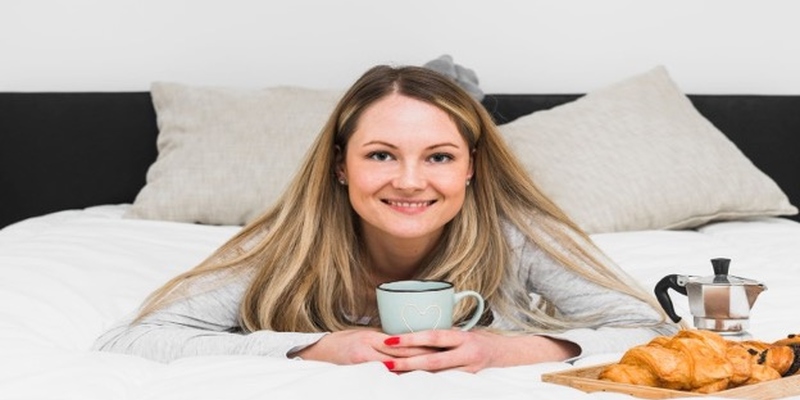
Create a Relaxing Bedtime Routine: Whether its reading, gentle stretches, or a warm shower, a consistent pre-sleep routine signals your brain that its time to wind down.
Optimize Your Sleep Environment: Your bedroom should be dark, cool, and quiet. Invest in blackout curtains, earplugs, or a white noise machine if needed. Your bed and pillows should be comfortable and supportive.
Avoid Screens Before Bed: The blue light emitted by phones, tablets, and computers can trick your brain into thinking its still daytime, making it harder to fall asleep.
These basics lay the groundwork, but modern tech can help take things a step further.
Tech Tools for Better Sleep
Technology often gets a bad rap for disrupting sleep, but when used wisely, it can also help improve it. Here are some practical gadgets and apps to consider:
Smart Sleep Trackers: Wearable devices like Fitbit, Oura Ring, or sleep-tracking apps give insights into your sleep patterns. They track stages of sleep (light, deep, REM) and even detect disruptions like tossing and turning. These insights can help you tweak your habits based on data rather than guesswork.
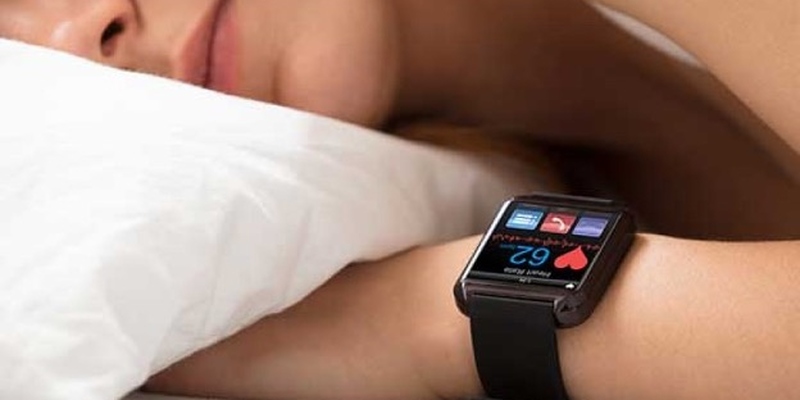
White Noise Machines and Sleep Sound Apps: If youre easily disturbed by outside noises, a white noise machine can mask disruptions. Some popular apps like Calm or Headspace also offer sleep sounds, guided meditation, and bedtime stories specifically designed to ease you into sleep.
Smart Lights: Exposure to bright light in the evening can delay sleep. Smart bulbs from companies like Philips Hue can mimic natural light patterns. They gradually dim as it gets closer to bedtime, creating a natural cue that its time to sleep. In the morning, these lights can simulate sunrise, helping you wake up more naturally.
Temperature-Controlled Bedding: One underrated factor in sleep quality is temperature. Products like the ChiliPad or BedJet allow you to adjust the temperature of your bed, helping you stay cool at nighta crucial element for many people who struggle with overheating.
Sleep-Focused Alarm Clocks: Traditional alarms can be jarring. Sunrise alarms like those from Hatch or Lumie simulate gradual light changes to wake you more gently. Some even combine light with soothing sounds to help you fall asleep and wake up without the usual shock to your system.
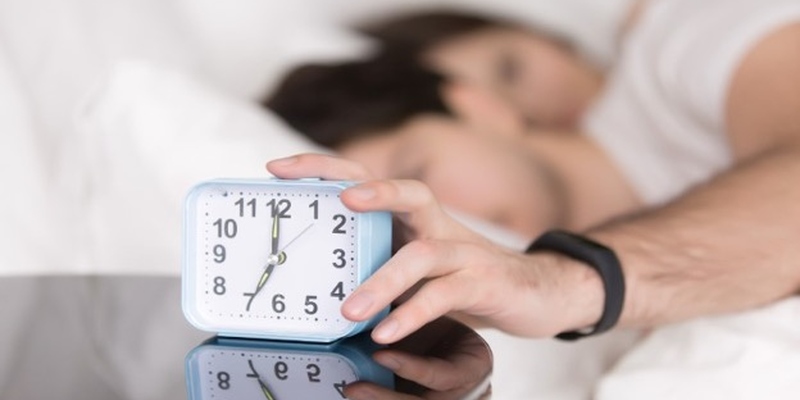
Apps for Better Sleep Habits: Apps such as Sleep Cycle and Pillow monitor your sleep and use smart alarms to wake you during your lightest sleep phase, aiming to make you feel more refreshed. They also offer advice based on your sleep patterns.
Additional Tips for Better Sleep Hygiene
Even with the best tech and foundational habits in place, there are some smaller adjustments you can make to enhance your sleep hygiene:
Mind Your Mental State: Stress and anxiety are some of the biggest sleep disruptors. Practicing mindfulness techniques like deep breathing or journaling before bedtime can help relax your mind. For those prone to worry at night, a "worry journal" can be a place to jot down thoughts and mentally set them aside until morning.
Get Natural Sunlight During the Day: Natural light exposure during the day, especially in the morning, strengthens your circadian rhythm. If you can, take a morning walk or work by a window with plenty of sunlight.
Be Careful with Naps: While naps can be refreshing, long or irregular naps during the day can interfere with nighttime sleep. If you need to nap, try to keep it short (20-30 minutes) and not too close to bedtime.
Exercise Regularly, But Not Too Late: Regular physical activity is excellent for sleep, but working out too close to bedtime can leave you too energized to sleep. Aim for earlier in the day, allowing your body time to wind down.
Combining Tech and Habits for Optimal Sleep
The key to success is combining the right sleep hygiene habits with the tech tools that fit your lifestyle. For instance, you might use a sleep tracker to monitor your sleep and adjust your habits if you notice poor-quality rest. Then, integrate some sleep-friendly tech like a white noise machine or smart lighting to enhance your sleep environment.
Be mindful of what works for you. While some people might benefit from all the bells and whistles, others may find that sticking to basic habitslike a consistent sleep schedule and minimizing screen timeis enough to make a difference. Start with the fundamentals, then gradually add in tech that aligns with your needs.
Conclusion
Good sleep hygiene is an ongoing process, not a quick fix. By building consistent routines and carefully introducing tech that complements your habits, you can create a sleep environment that sets you up for deeper, more restorative sleep. Focus on what works for you, adjust as needed, and keep in mind that a good nights rest is within reach with just a few simple changes.
-

Medical Robotics: Transforming Surgeries And Rehabilitation
Sep 09, 2024
-

The Benefits Of Cold Plunging: Why It’s Trending In 2024
Sep 09, 2024
-

What Are The Health Benefits Of Medicinal Mushrooms?
Sep 09, 2024
-

How Does Preventive Medicine Influence Healthy Aging?
Aug 27, 2024
-
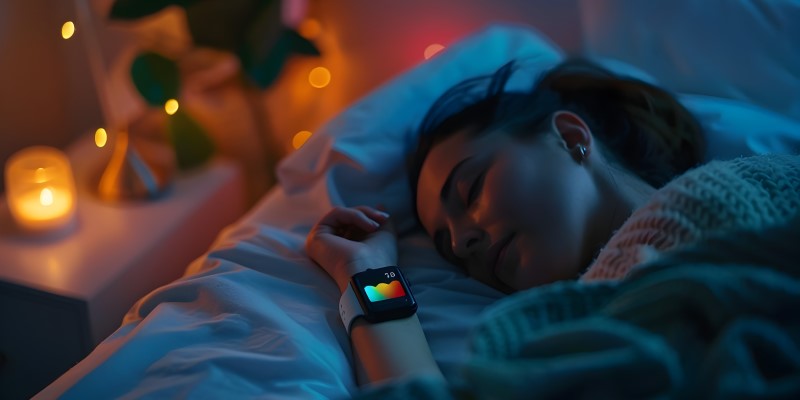
What Tech Tools Can Help Improve Your Sleep Quality?
Sep 09, 2024
-

What Are The Benefits Of Personalized Medicine For Patients?
Aug 27, 2024
-

What Are the Benefits of Peripheral Heart Action Training?
Aug 28, 2024
-

Why Are Bodycare Innovations Stealing the Spotlight from Facial Skincare?
Aug 28, 2024
-

How Do Structural Barriers Impact Community Health?
Aug 27, 2024
-

The Importance Of Doctor Recommendations In Consumer Health Decisions
Aug 27, 2024
-

How is AI Revolutionizing Healthcare Diagnostics in 2024?
Aug 28, 2024
-

Who Needs to Consider Functional Medicine?
Jan 01, 2000
-

Current Legislative And Regulatory Changes In Healthcare
Aug 27, 2024
-

Why Genetic Testing Can Save Your Life
Jan 01, 2000